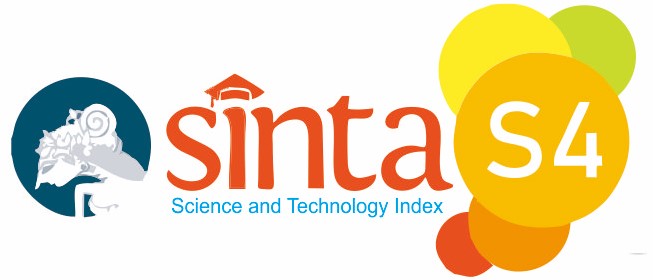Analisis Sentimen SEA Games 2023 di Twitter Metode dengan Machine Learning
DOI:
https://doi.org/10.30872/atasi.v2i2.1138Keywords:
Naïve Bayes Classifier (NBC), support vector machine, random forest, sentiment analysis, sea games 2023Abstract
Sentiment analysis is a method used to analyze and identify the polarity (positive, negative, or neutral) of text or data related to a user's thoughts, opinions, or emotions. This method is widely used in various fields, including sentiment analysis on social media data. One very popular social media platform is Twitter. One of the biggest sporting events in Asia is the SEA Games, which are held every two years. SEA Games, many Indonesians expressed their opinions, support and emotions regarding the 2023 SEA Games on Twitter. Using supervised learning methods can provide valuable insight into how Indonesian society responds and reacts to this important sporting event. The results of this analysis can help related parties, including organizers and sponsors of the 2023 SEA Games, in understanding public sentiment, evaluating performance, and making better decisions in order to organize a successful sporting event. The results of the trials carried out by the SVM method had the best performance with an F-1 score of 61.53%.
References
Alita, D., & Isnain, A. R. (2020). Pendeteksian Sarkasme pada Proses Analisis Sentimen Menggunakan Random Forest Classifier. Jurnal Komputasi, 8(2), 50–58. https://doi.org/10.23960/komputasi.v8i2.2615
Arsi, P., & Waluyo, R. (2021). Analisis Sentimen Wacana Pemindahan Ibu Kota Indonesia Menggunakan Algoritma Support Vector Machine (SVM). Jurnal Teknologi Informasi Dan Ilmu Komputer, 8(1), 147–156. https://doi.org/10.25126/JTIIK.0813944
Assidyk, A. N., Setiawan, E. B., & Kurniawan, I. (2020). Analisis Perbandingan Pembobotan TF-IDF dan TF-RF pada Trending Topic di Twitter dengan Menggunakan Klasifikasi K-Nearest Neighbor. E-Proceeding of Engineering, 7(2), 7773–7781.
Gifari, O. I., Adha, M., Freddy, F., & Durrand, F. F. S. (2022). Analisis Sentimen Review Film Menggunakan TF-IDF dan Support Vector Machine. Journal of Information Technology, 2(1), 36–40. https://doi.org/10.46229/jifotech.v2i1.330
Hikmawan, S., Pardamean, A., & Khasanah, S. N. (2020). Sentimen Analisis Publik Terhadap Joko Widodo terhadap wabah Covid-19 menggunakan Metode Machine Learning. Jurnal Kajian Ilmiah, 20(2), 167–176. https://doi.org/10.31599/jki.v20i2.117
Normah, Rifai, B., Vambudi, S., & Maulana, R. (2022). Analisa Sentimen Perkembangan Vtuber Dengan Metode Support Vector Machine Berbasis SMOTE. Jurnal Teknik Komputer AMIK BSI, 8(2), 174–180. https://doi.org/10.31294/jtk.v4i2
Pane, S. F., & Ramdan, J. (2022). Pemodelan Machine Learning : Analisis Sentimen Masyarakat Terhadap Kebijakan PPKM Menggunakan Data Twitter. Jurnal Sistem Cerdas, 5(1), 12–20. https://doi.org/10.37396/jsc.v5i1.191
Winahyu, J., & Suharjo, I. (2021). Aplikasi Web Analisis Sentimen Dengan Algoritma Multinomial Naïve Bayes. Kumpulan Artikel Mahasiswa Pendidikan Teknik Informatika (KARMAPATI), 10(2), 206. https://doi.org/10.23887/karmapati.v10i2.36609
Yutika, C. H., Adiwijaya, A., & Faraby, S. Al. (2021). Analisis Sentimen Berbasis Aspek pada Review Female Daily Menggunakan TF-IDF dan Naïve Bayes. Jurnal Media Informatika Budidarma, 5(2), 422. https://doi.org/10.30865/mib.v5i2.2845
Downloads
Published
Issue
Section
License
Copyright (c) 2023 Adopsi Teknologi dan Sistem Informasi (ATASI)

This work is licensed under a Creative Commons Attribution-NonCommercial-ShareAlike 4.0 International License.














